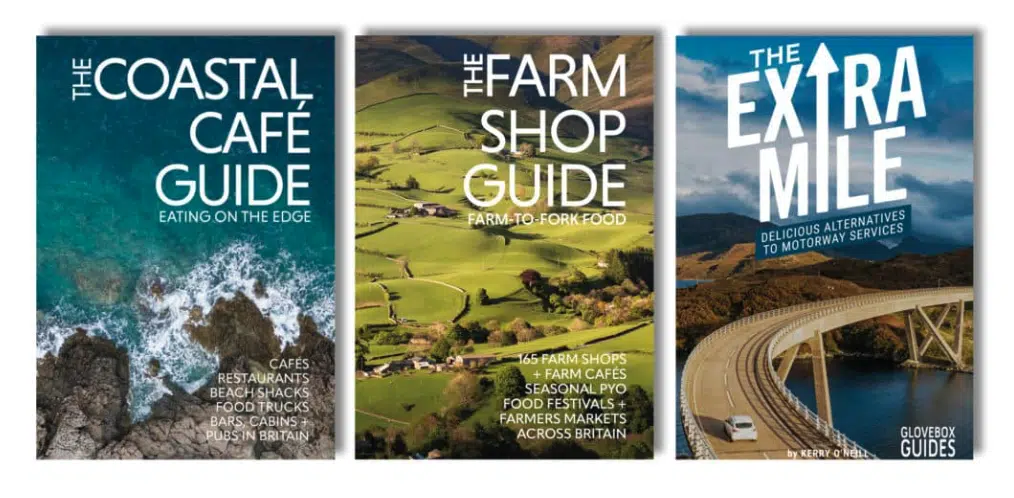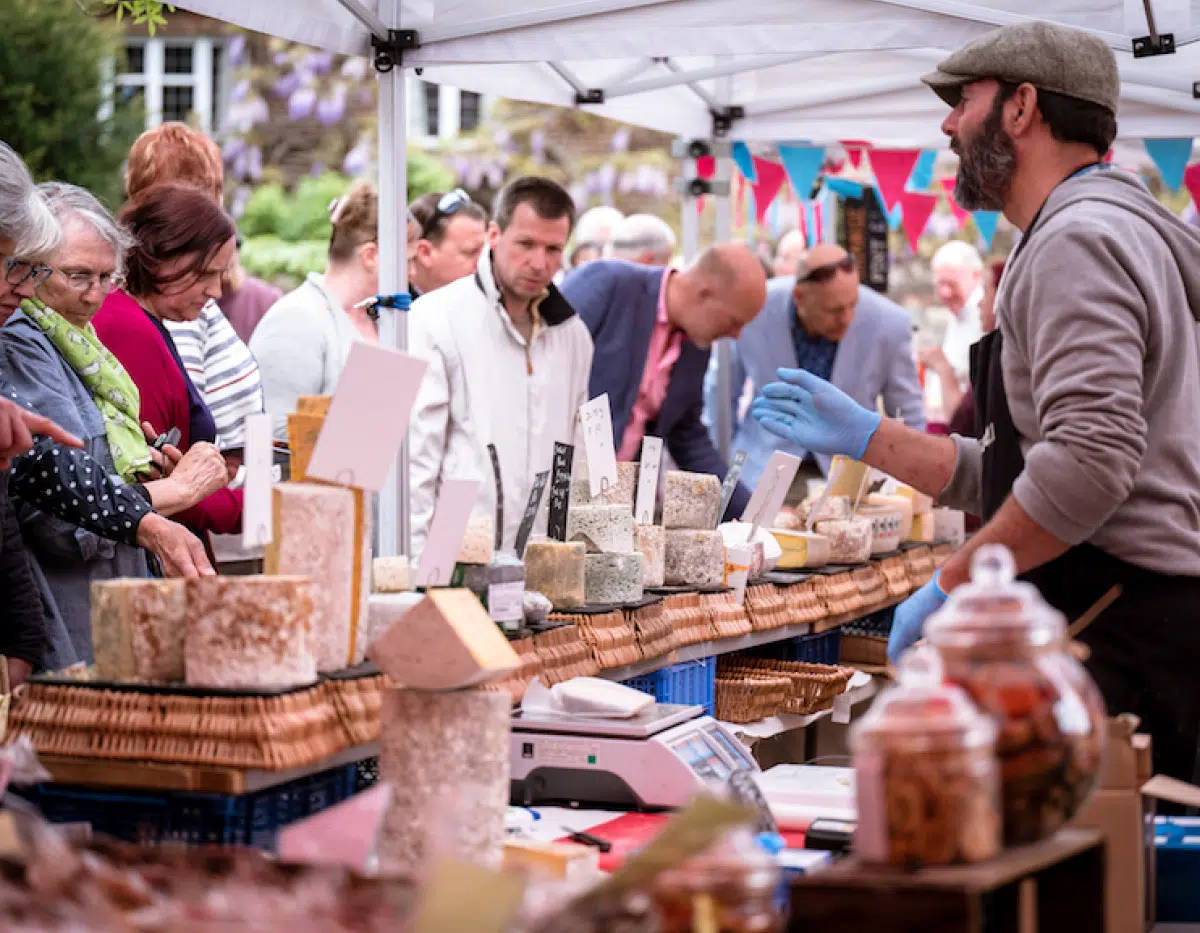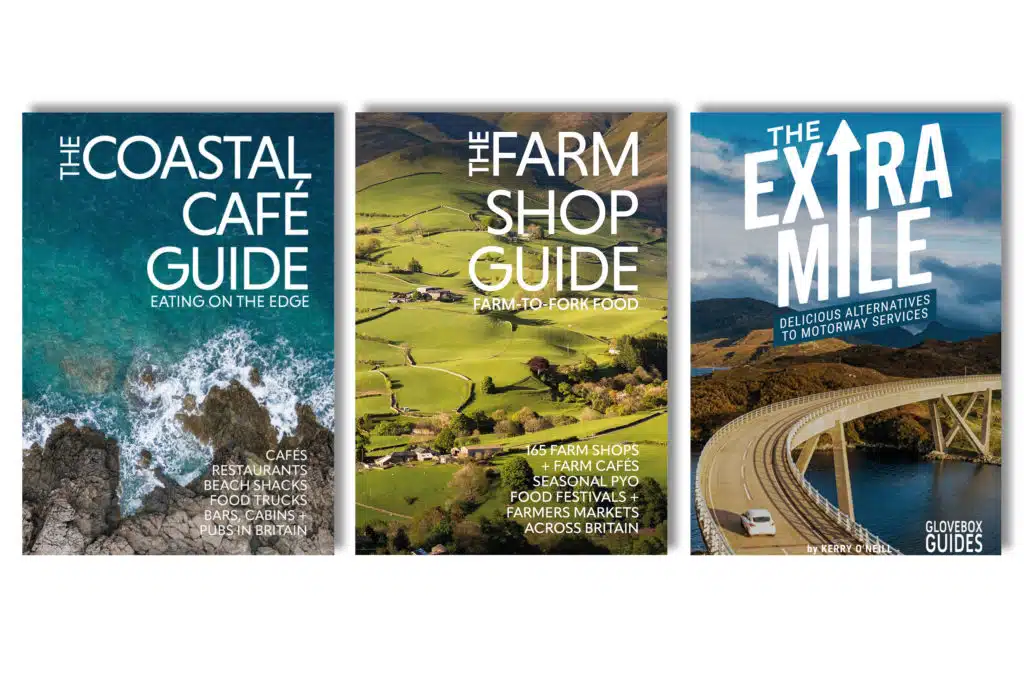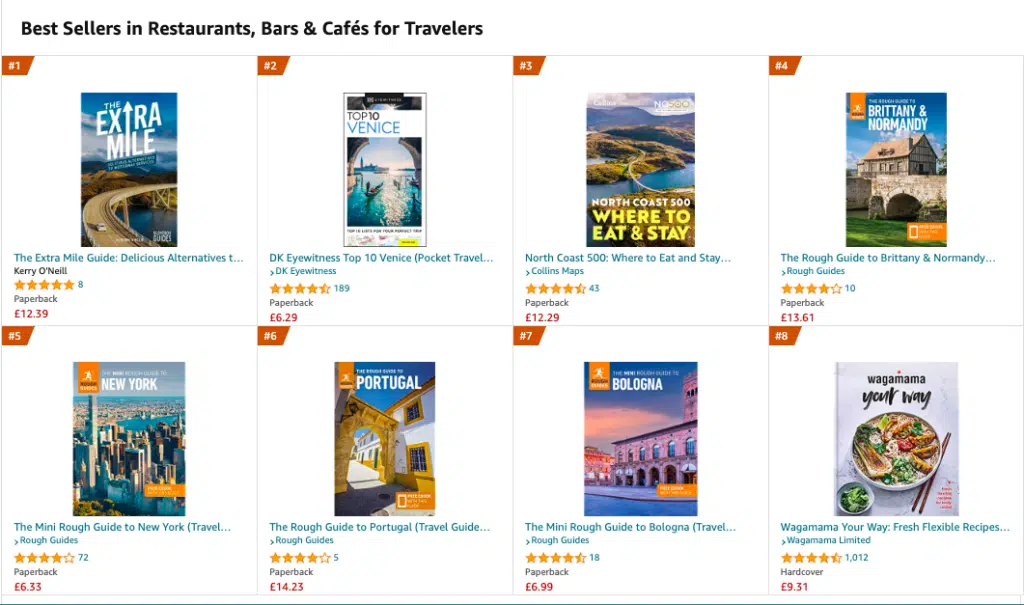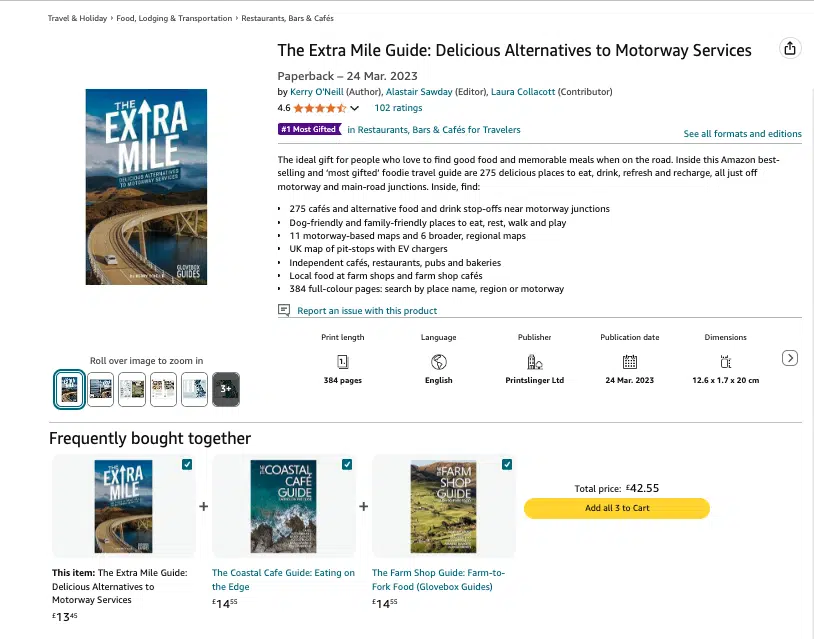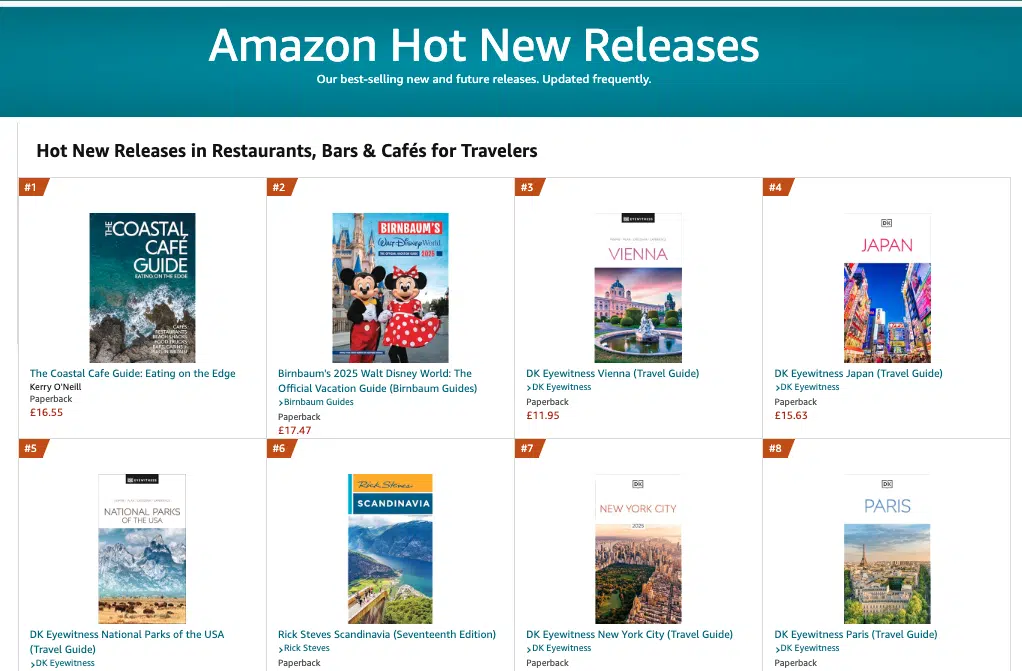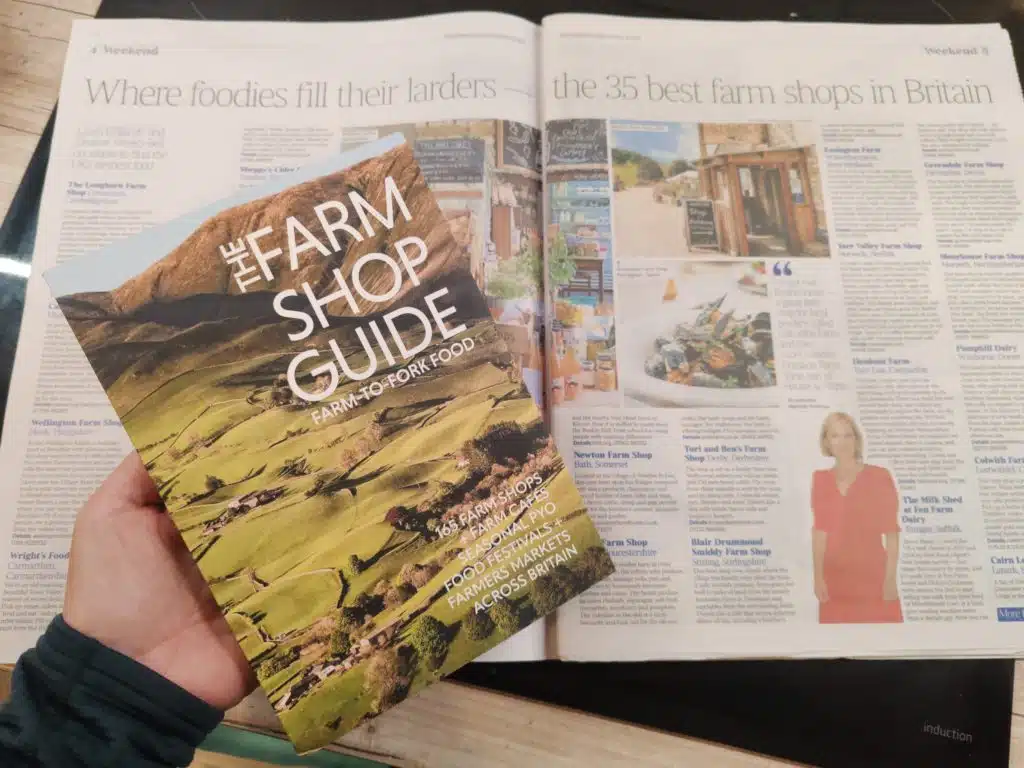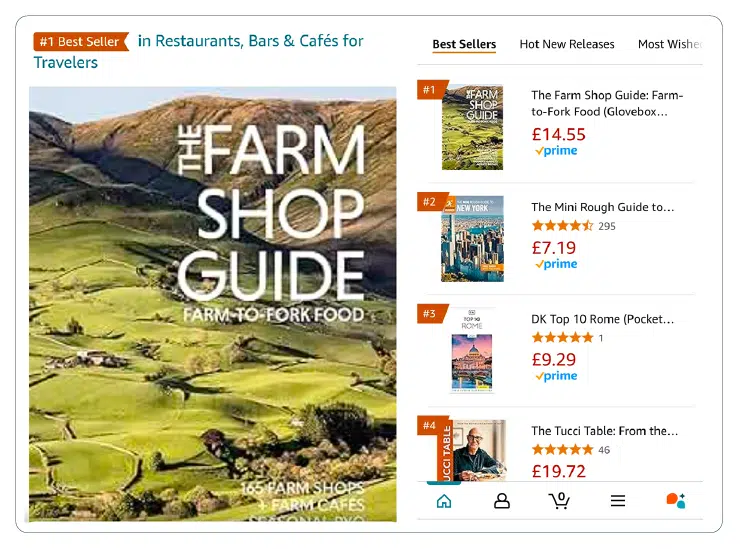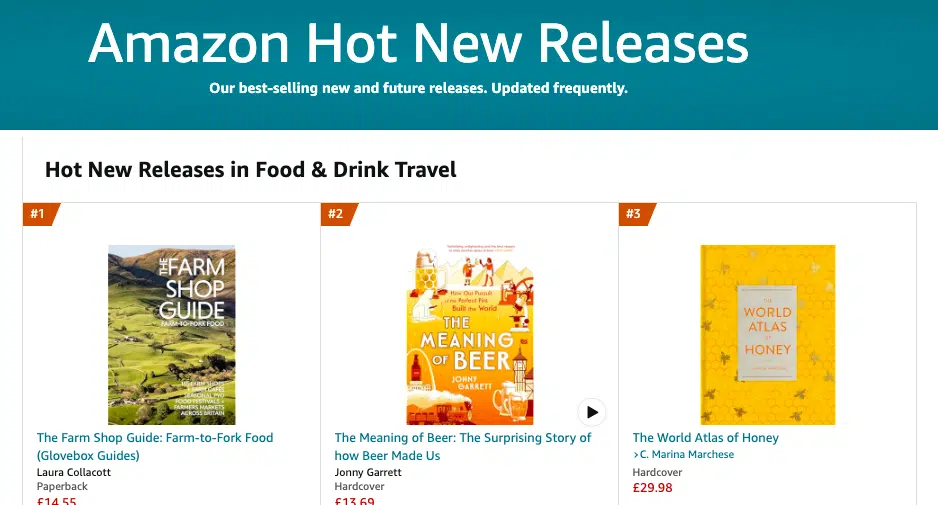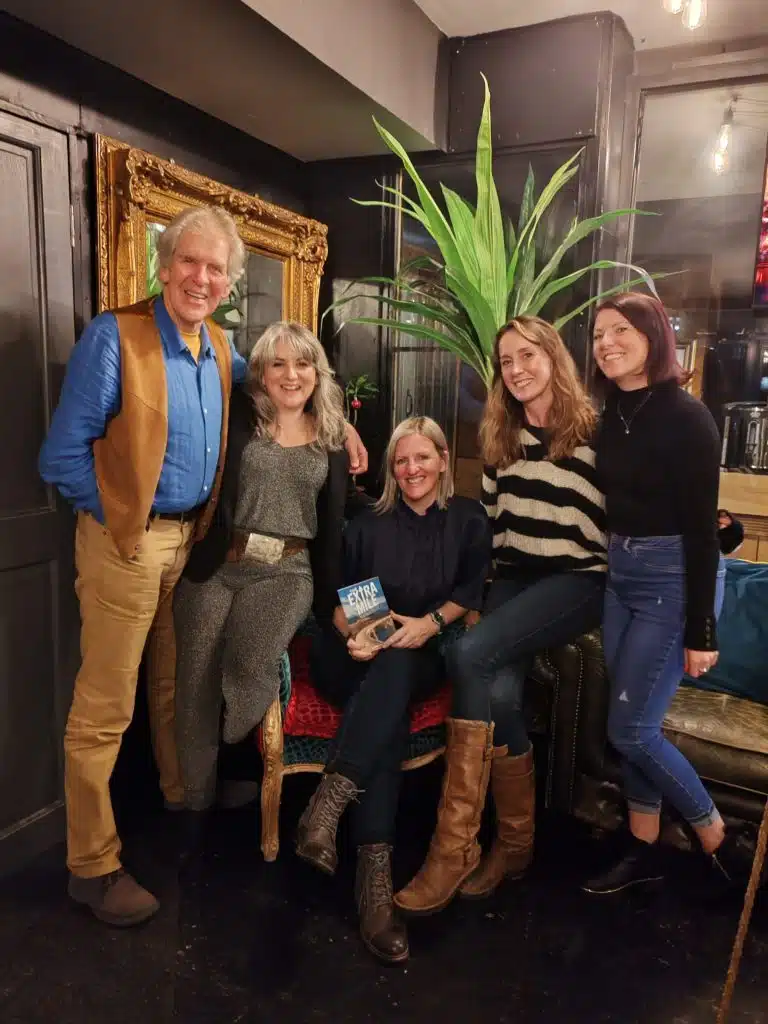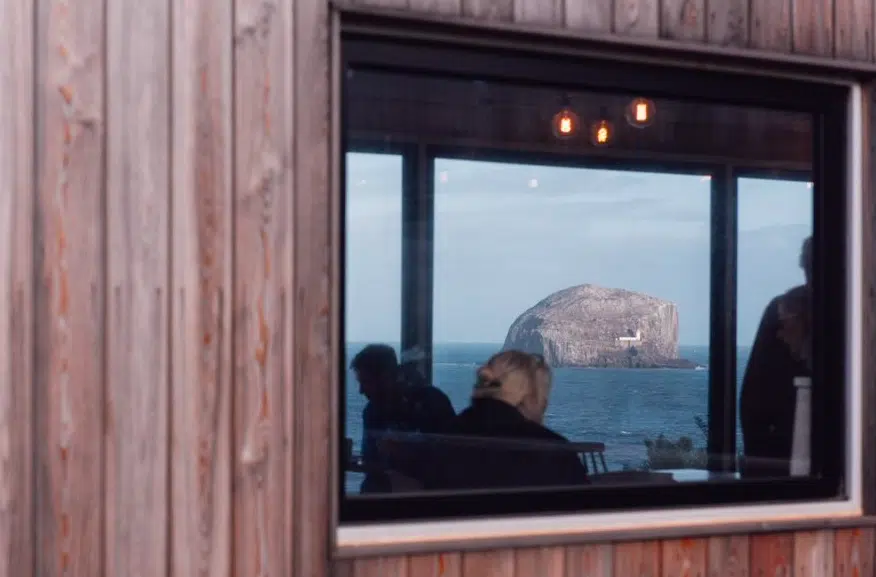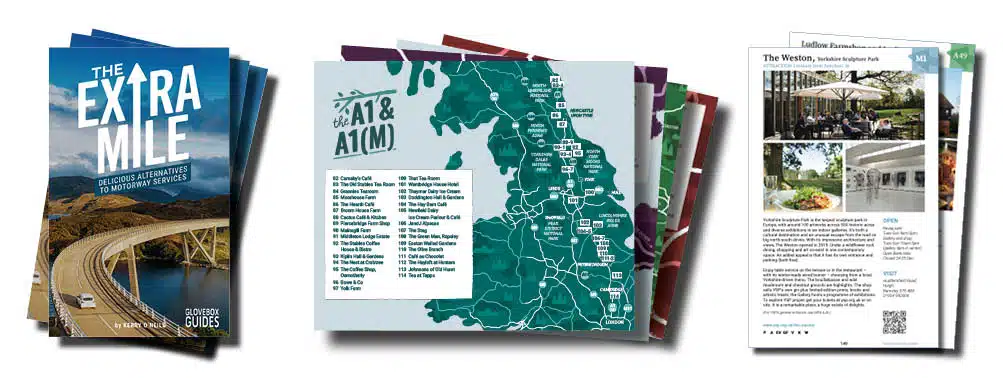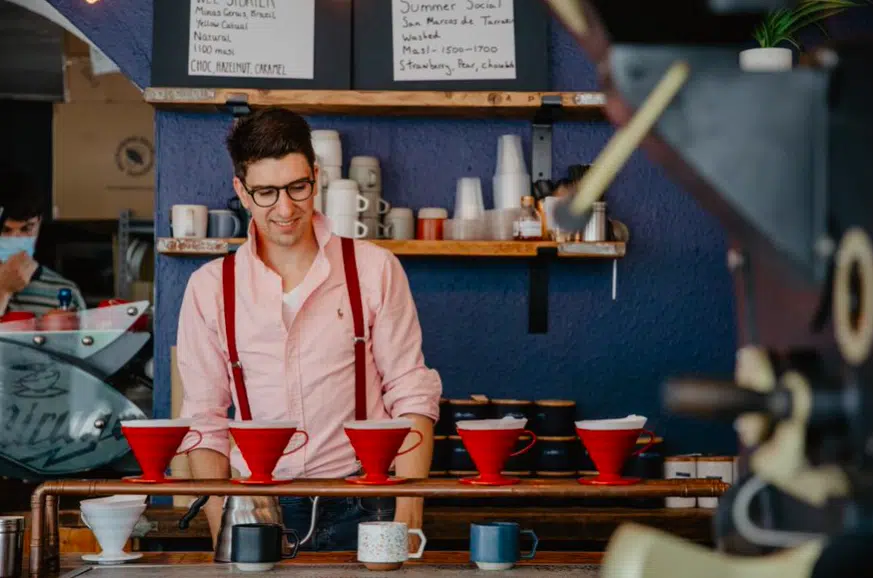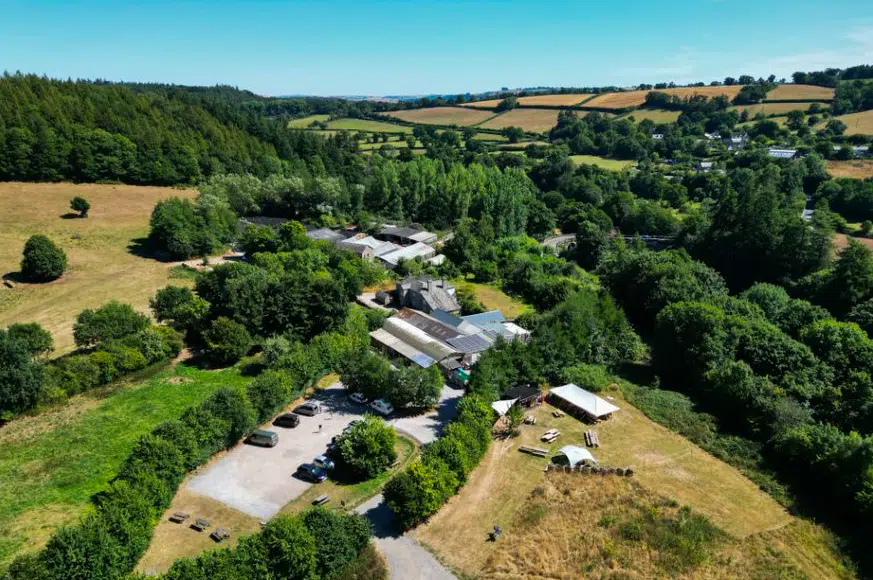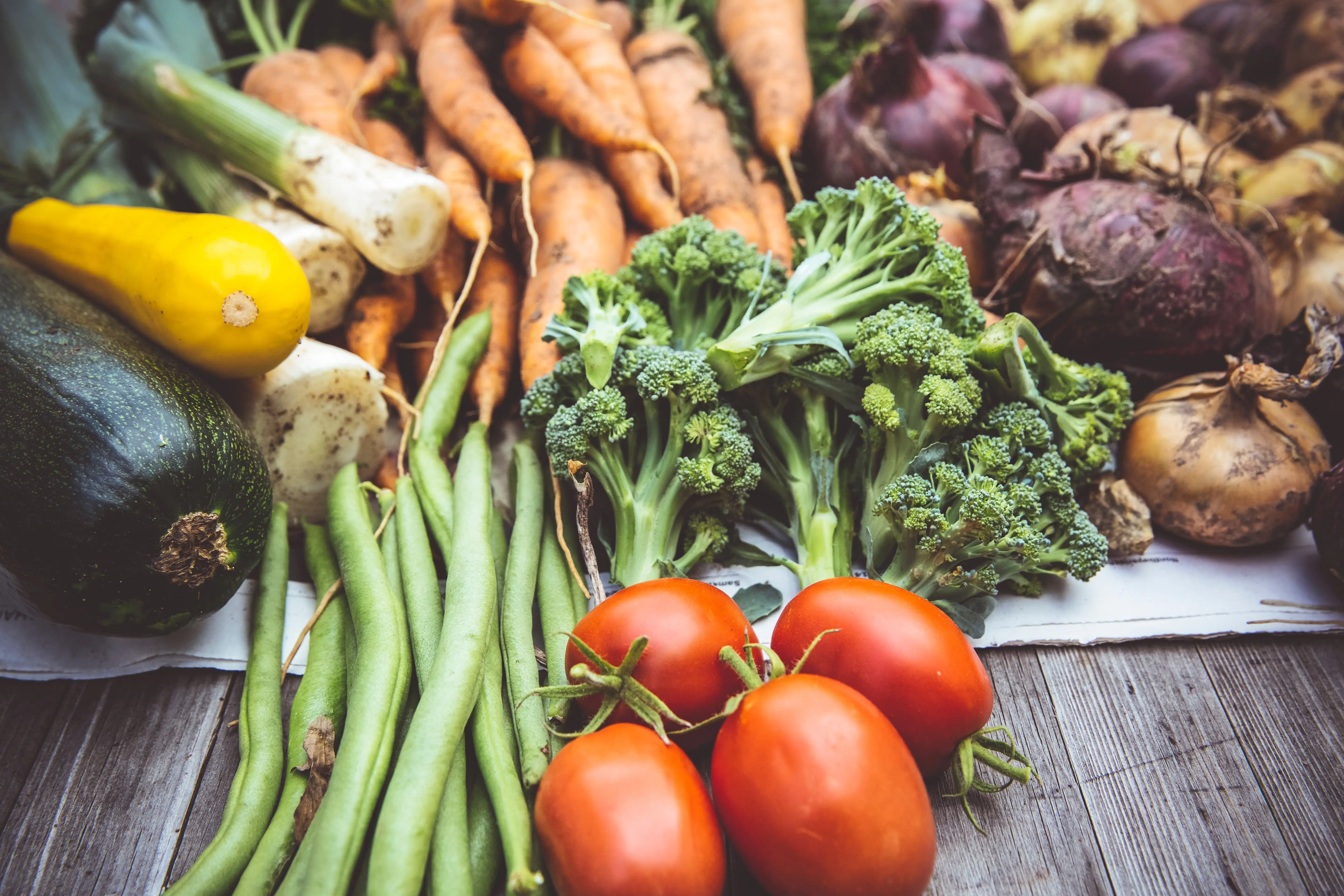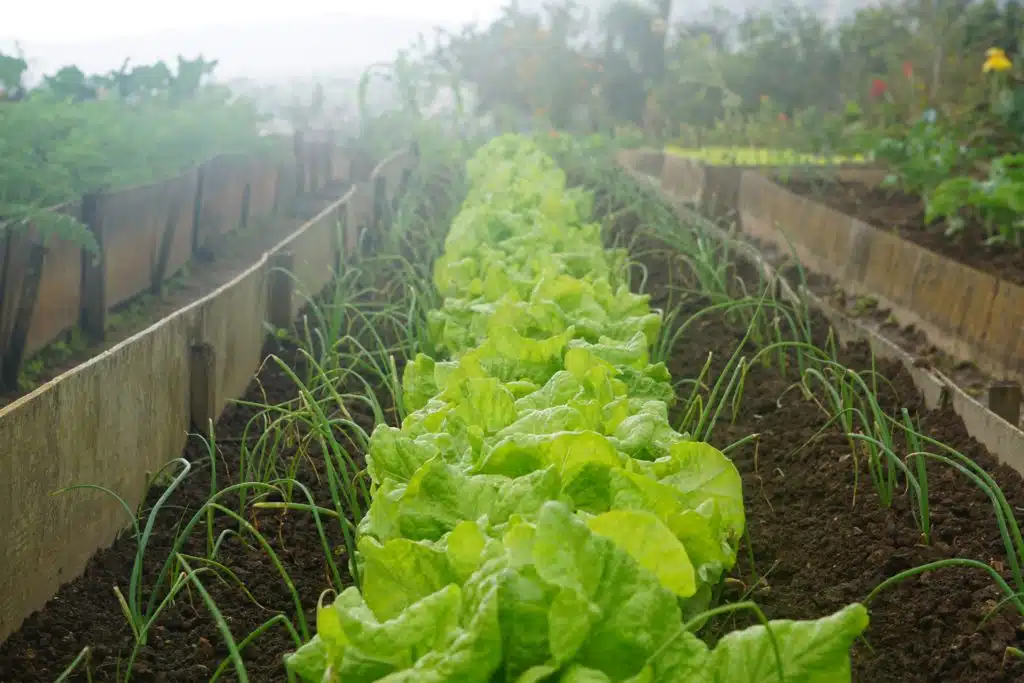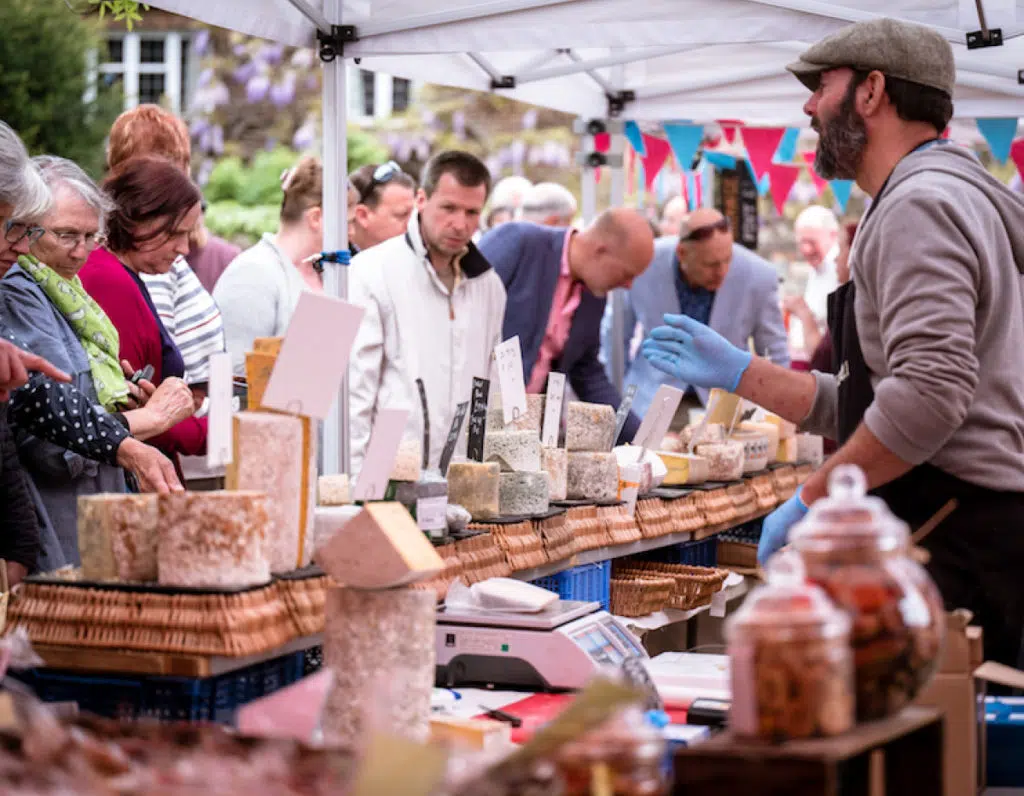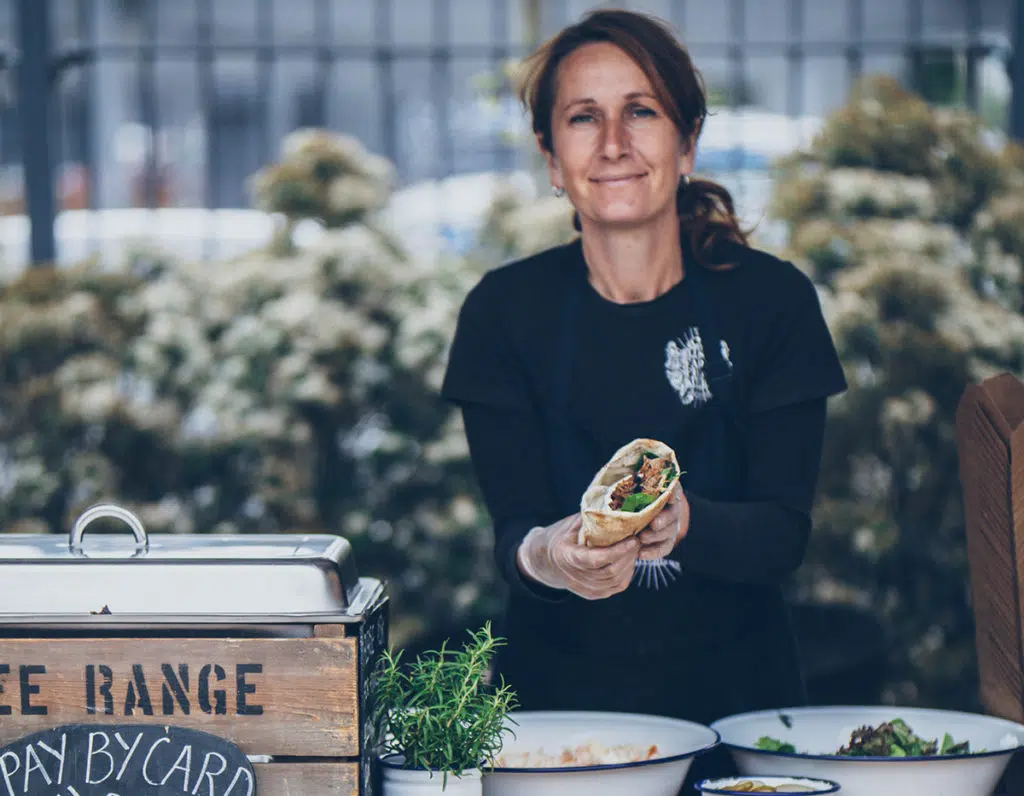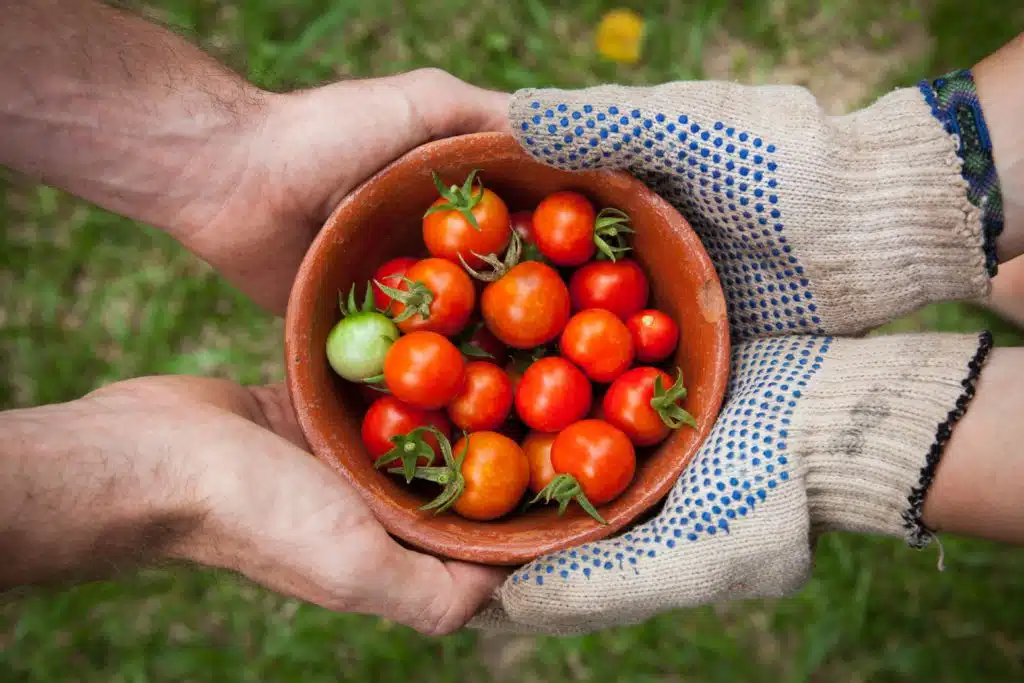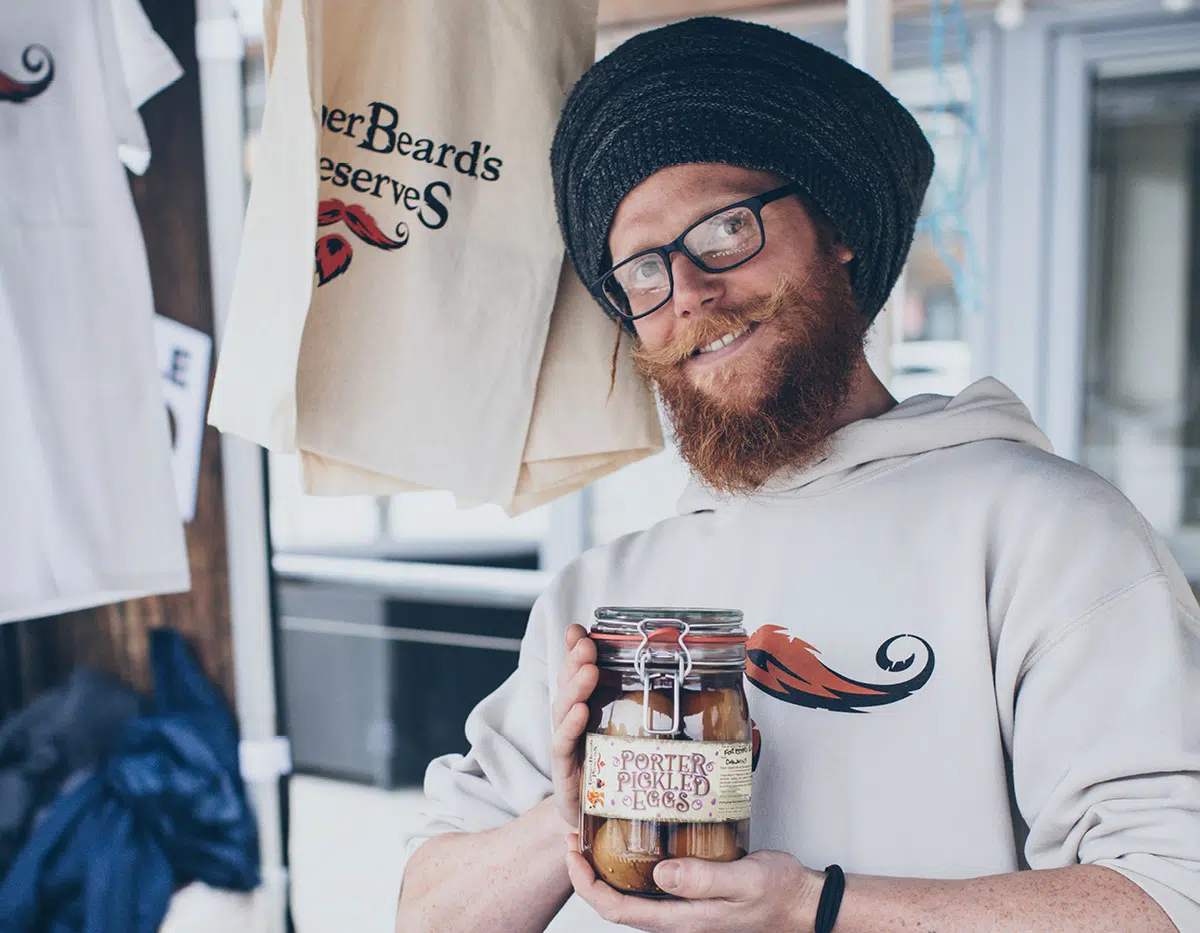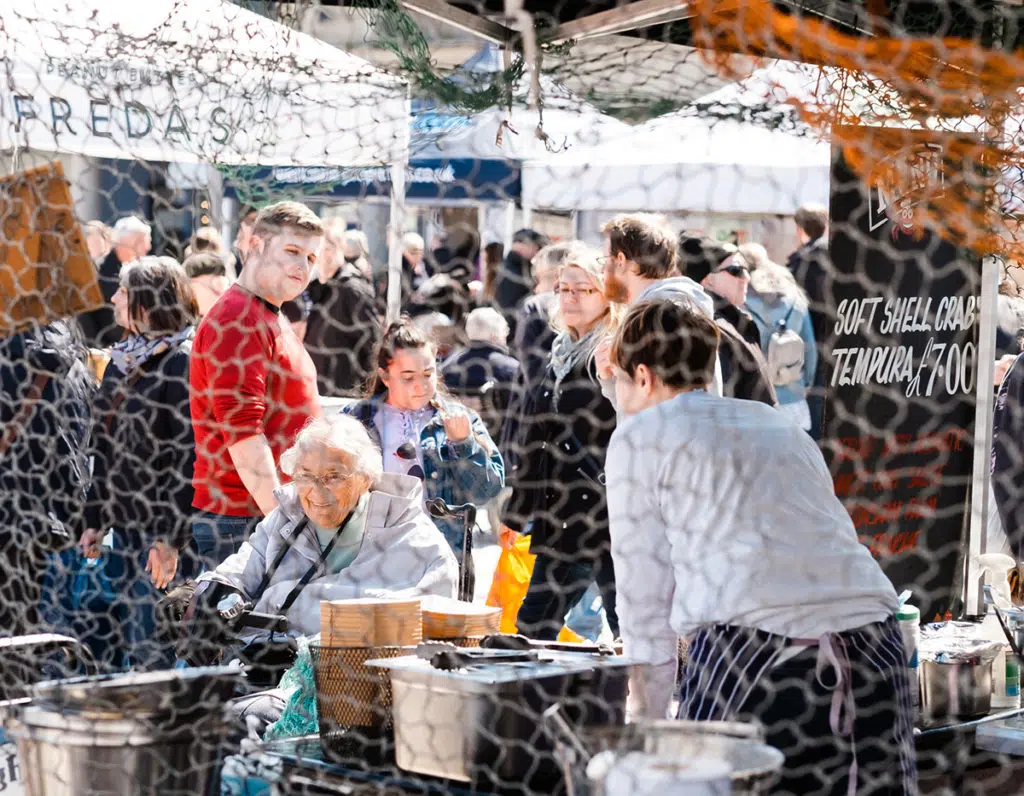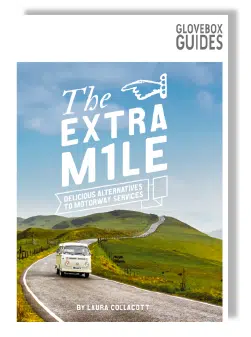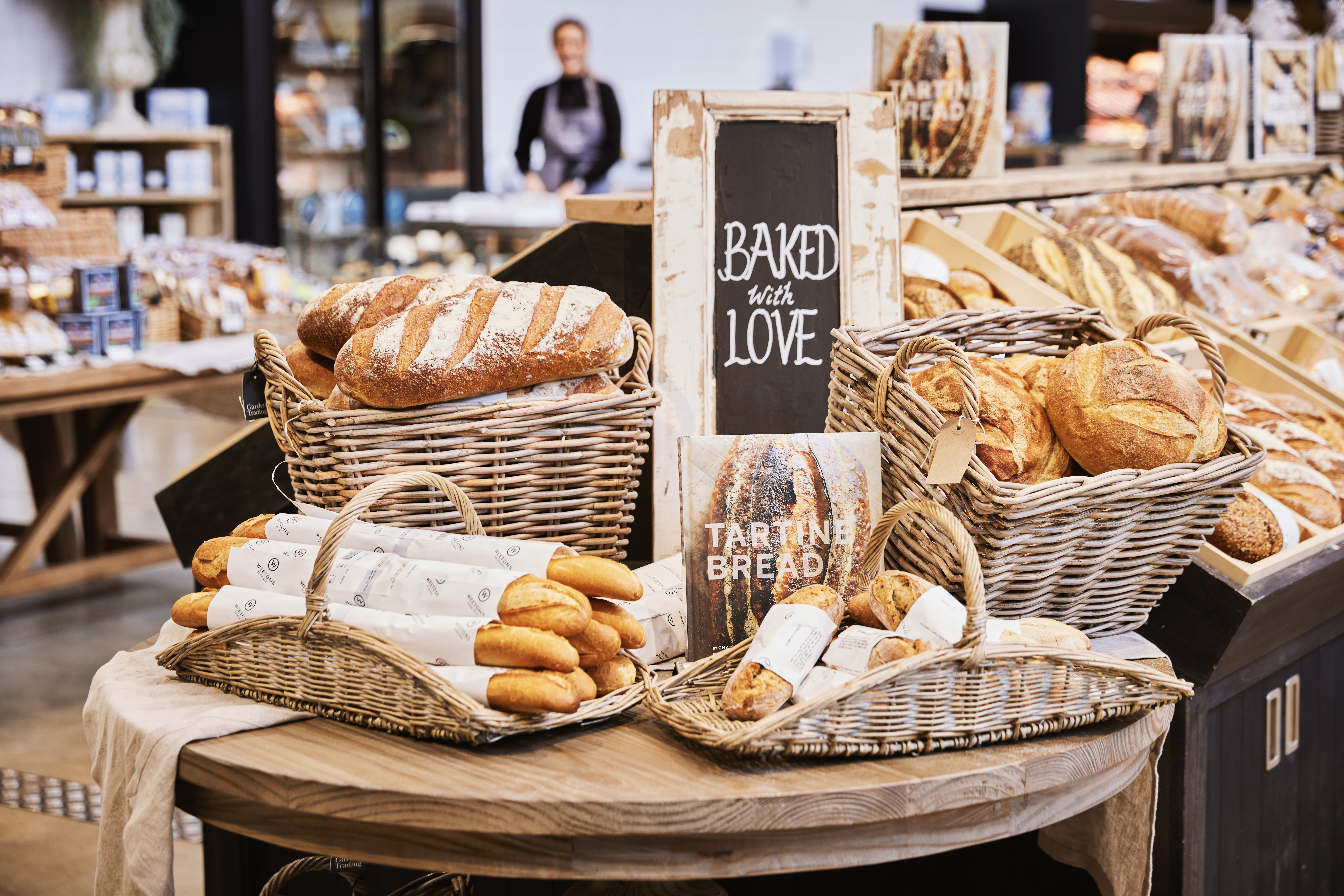
Why Farm Shops are the future of ethical eating
In an age where supermarket aisles are crammed with plastic packaging and mystery meat, more and more people are asking: Where does my food come from, and what impact does it have?
Enter the modern British farm shop: a haven for ethical eaters, local food lovers, and sustainability-conscious shoppers. Once thought of as quaint countryside stops, farm shops today are pioneering a new kind of food culture: one rooted in transparency, taste, and doing better by people and planet. Farm-to-fork is something that producers strive to offer, and visitors love to experience. Here’s why farm shops are leading the charge for a more ethical way to eat. (Image above (c) Weetons.)
1. You know where your food comes from
Unlike supermarket supply chains that stretch around the globe, many farm shops sell food grown, reared, or made right on site or by producers they know personally. Whether it’s grass-fed beef from the next field or honey from a neighbour’s hives, there’s a story behind every product. That means fewer food miles, fresher produce, and a direct connection between farmer and eater. There are some truly delicious farm-to-fork experiences to be enjoyed.
2. Support regenerative and sustainable farming
Many independent farms and their farm shops are champions of sustainable farming and regenerative agriculture, namely a way of farming that restores soil health, promotes biodiversity, and works with nature rather than against it. By shopping at these outlets, you’re helping to fund regenerative farming that builds a better food system, rather than depleting it. Image below (c) Westerton Farm.
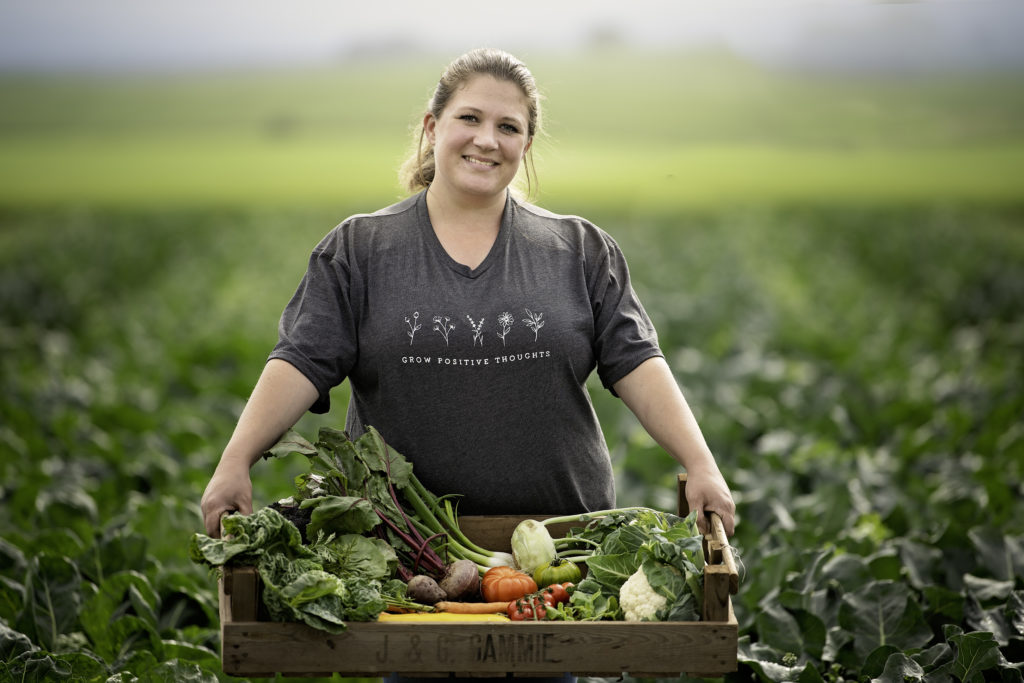
3. Champion small-scale and artisan producers
Farm shops are more likely than supermarkets to stock products made in small batches, which have been crafted by local artisans or by family-run producers. Whether it’s hand-churned butter, heritage apples, or traditionally made cheddar, these products preserve skills, regional flavours, and rural jobs.
4. Reduce waste and packaging
Looking to shop with less plastic? Many farm shops offer refill stations, loose produce, and minimal packaging, especially compared to supermarkets. You’re more likely to find recyclable or compostable containers, and often reusable options, too.
5. Keep money in the local economy
Ethical eating isn’t just about the environment, it’s about people. When you spend money at a farm shop, more of it stays in the community. You’re supporting local livelihoods, helping rural businesses thrive, and keeping Britain’s independent food culture alive. image below (c) Ben’s Farm Shop, Staverton.
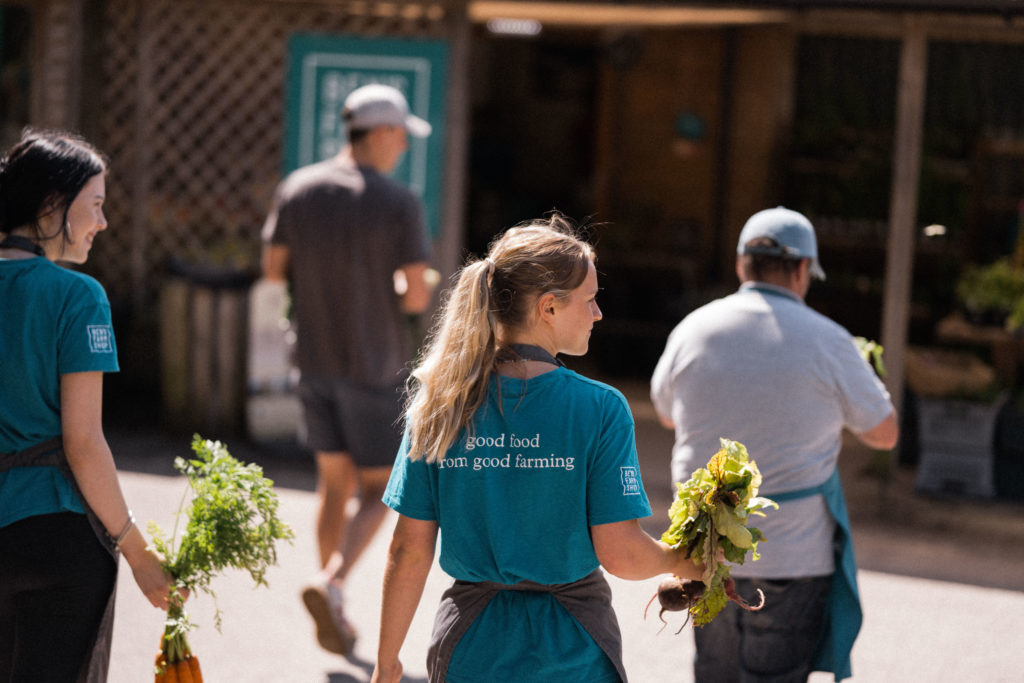
6. Seasonal, responsible choices, without the 'greenwashing'
Ethical eating is about more than buzzwords. Farm shops typically stock what’s truly in season, helping you eat in tune with nature’s rhythms… and without the air-freighted strawberries in January. It’s simpler, more honest, and (spoiler) tastes better too.
Ready to eat more ethically?
The Farm Shop Guide is your road-trip companion to some of the most ethical, delicious, and independently run food stops across Britain, from award-winning farm shops at regenerative farms to delis, cheesemongers, bakeries, honey farms, and more.
Wherever you’re heading, there’s a better bite waiting nearby: one that supports the land, the farmers, and the future.
Order your copy of The Farm Shop Guide today.

